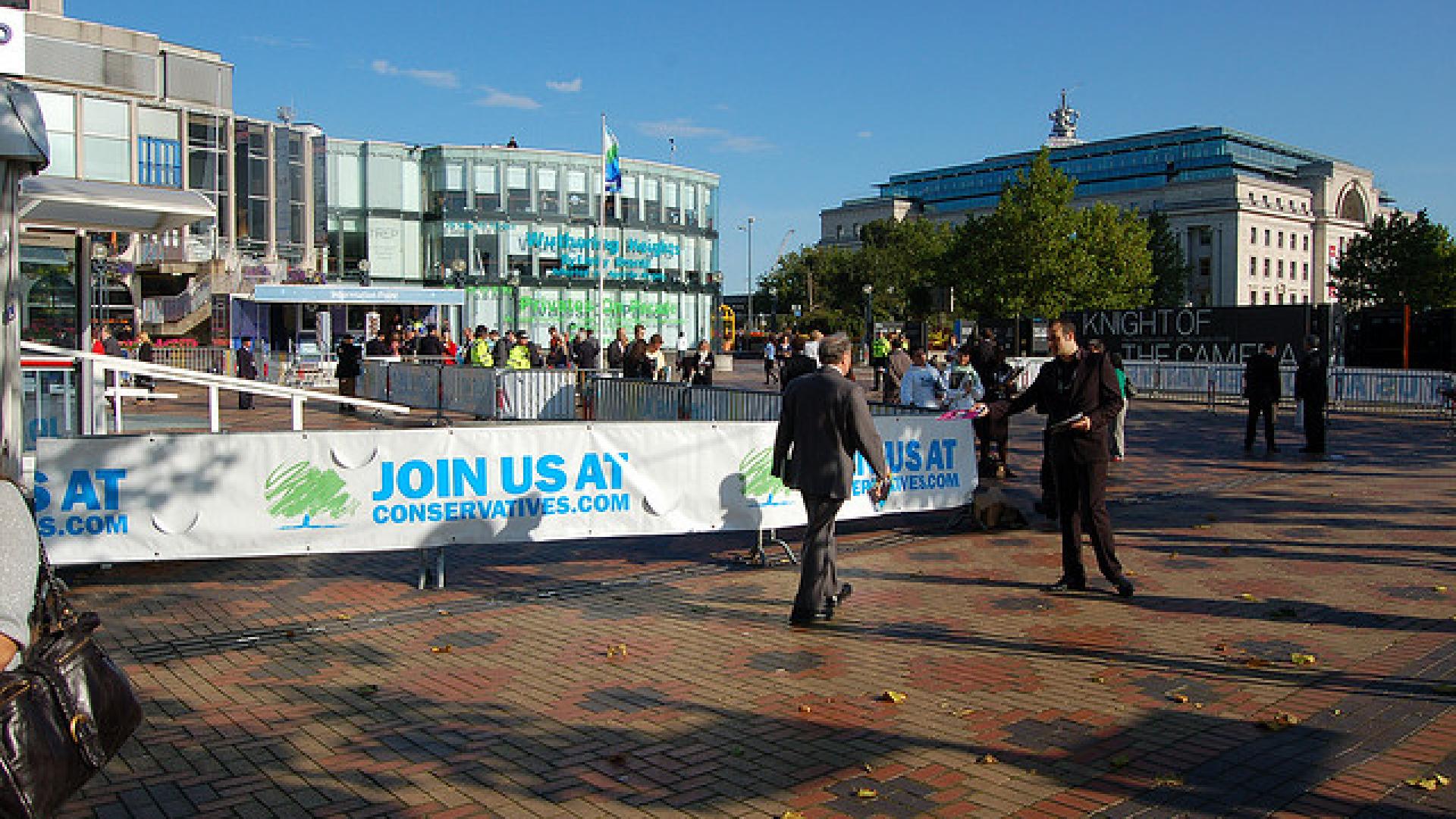With many stand and fringe places filling up at political party conferences, charities will now be making the annual decision of whether or not they should attend. But is it really worth it?
Our research with MPs, conducted after party conferences at the end of last year, would advise caution over charities investing heavily in the party conference season. There were relatively few success stories from 2013, but for those that were, creativity was key.
Fewer than one in five (18%) MPs agree that party conferences are the best time and place to meet charities. In addition, fewer and fewer MPs are attending conferences. 38% of MPs did not attend 2013 conferences and it was closer to 50% of Conservative MPs.
Reasons given for this growing disenchantment include the increasing numbers of lobbyists attending and a perception that conferences are increasingly becoming PR shows rather than forums for new policy ideas. As one MP summarised, “showcase rather than debate. Real policy work [is] done elsewhere”.
Price is also an issue. While Labour offers an exclusive charity stand at £1,500, the cheapest options at the Lib Dem and Conservative conferences are £2,405 and £4,500 respectively (maximum discounts applied). These prices only offer the absolute minimum in floor space and facilities (bigger stands on ‘premium walkways’ range from £3,600 to £10,500). For these costs, charities would rightly expect significant gains for their campaigns.
Charities that had success at the 2013 party conferences had interactive and creative stands. Guide Dogs setup a ‘Street Clutter Crazy Golf Challenge’ made up of frequently encountered obstacles for blind and partially sighted people. Prostate Cancer UK used a table football table to interact with MPs while linking it to their partnership with the Football League. Whizz-Kidz brought two ambassadors to talk to MPs about issues they and other disabled people face, which also received positive feedback from MPs.
Both Prostate Cancer UK and Guide Dogs attracted over 30 MPs each to their stand, providing good publicity for them. Prostate Cancer UK also created an online cross-party leader board to encourage MPs to visit their website. Attracting a large amount of MPs gives the opportunity to speak to MPs directly, sign them up to pledges and start a relationship.
For lobbyists, trade unions and party members, conferences are a key event in the calendar. While I was at the Social Market Foundation (a think tank), party conferences offered a great opportunity to showcase our ideas to influence MPs. Think tanks consider MPs and civil servants their ‘users’, so in effect party conferences are integral to what they do and justify the investment. A charity on the other hand may have to divide resources up between user services and campaigning, so investing in party conferences can seem extravagant and raise concerns with donors.
The run-up to the 2015 election offers a great opportunity for charities to build relationships with MPs and seek pledges. Party conferences have their merits and offer a unique opportunity to engage with multiple MPs if done effectively. However, I would suggest that charities’ campaigning budgets could be spent more effectively. Our recent report on campaign tactics found that MPs want to hear from charities which have good research, local case studies, innovative campaigns and Westminster events for publicity.
So save the trip to Manchester, Glasgow and Birmingham this autumn and engage MPs when they will be more likely to listen.
Aye? Or nay? Leave us a comment below.

